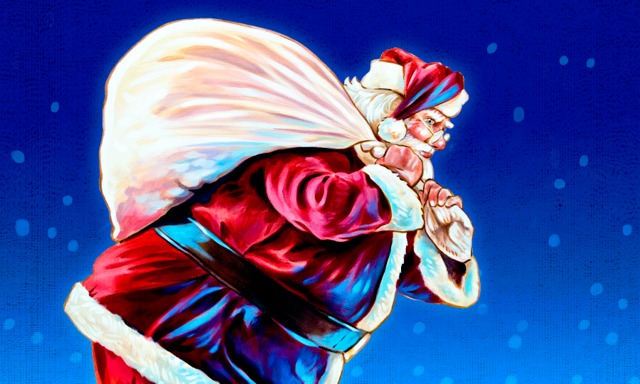


Thanks to newsfeeds on various social media platforms, I’ve been able to follow the mildly entertaining faux-controversy swirling around the public display area of Florida’s State Capitol. One I wholeheartedly applaud, the other makes me cringe. Two tidbits I found fascinating - the concept of the Gift Book developed in 1820 and the first gift of the dreaded fruitcake in 1840. If you want to learn ANYTHING about the origins of how this holiday is observed in America - this is the book to consult. His book is exhaustively researched, and more than a little exhausting to read, which is why it took me three Decembers to finish. I could go on and on, and the author certainly does. Naturally, the Puritans frowned upon this merriment, and promptly banned the observance in the colonies. And this date was not chosen for religious reasons but simply because it happened to mark the approximate arrival of the winter solstice, an event that was celebrated long before the advent of Christianity.Įarly Christmas was a celebration of "misrule," a holiday more like Hallowe'en, where costumed participants indulged in drinking, parties, and tricks. It was only in the 4th century that the Church officially decided to observe Christmas on December 25. No, this is not about Fox News and their imaginary War on Christmas, but an insightful look at the birth of the holiday itself.Īttention, Bill O'Reilly followers: Christmas is not a celebration of Jesus's birthday, but a cleaned up, churchified version of the Roman Saturnalia, essentially a pagan festival covered with a Christian veneer. Nicholas and A Christmas Carol, The Battle for Christmas captures the glorious strangeness of the past even as it helps us better understand our present. Bursting with detail, filled with subversive readings of such seasonal classics as "A Visit from St. Nicholas to the Christmas tree and, perhaps most radically, the practice of giving gifts to children.

In this intriguing and innovative work of social history, Stephen Nissenbaum rediscovers Christmas's carnival origins and shows how it was transformed, during the nineteenth century, into a festival of domesticity and consumerism.ĭrawing on a wealth of period documents and illustrations, Nissenbaum charts the invention of our current Yuletide traditions, from St. The Puritans had their reasons, since Christmas was once an occasion for drunkenness and riot, when poor "wassailers extorted food and drink from the well-to-do. Anyone who laments the excesses of Christmas might consider the Puritans of colonial Massachusetts: they simply outlawed the holiday.


 0 kommentar(er)
0 kommentar(er)
